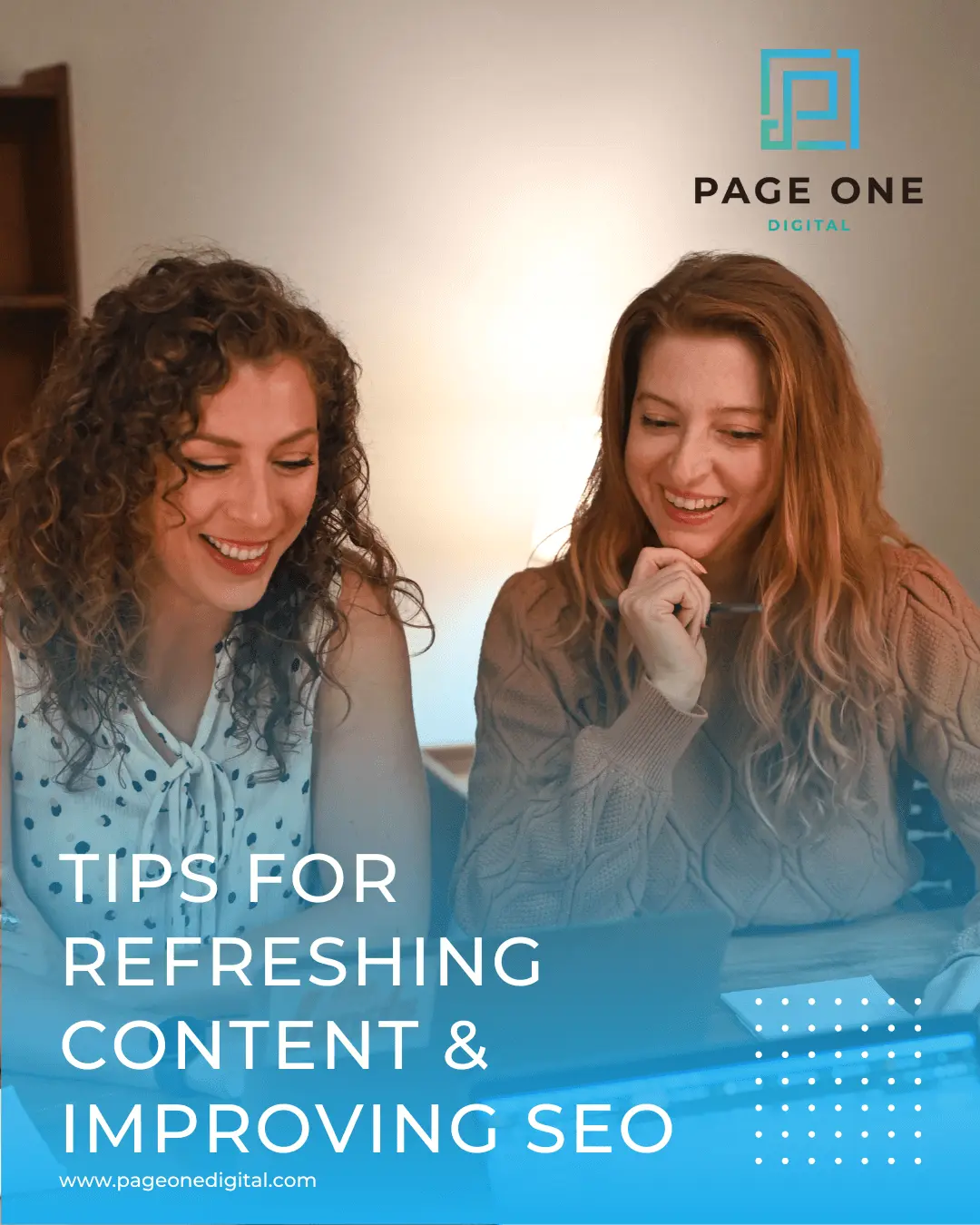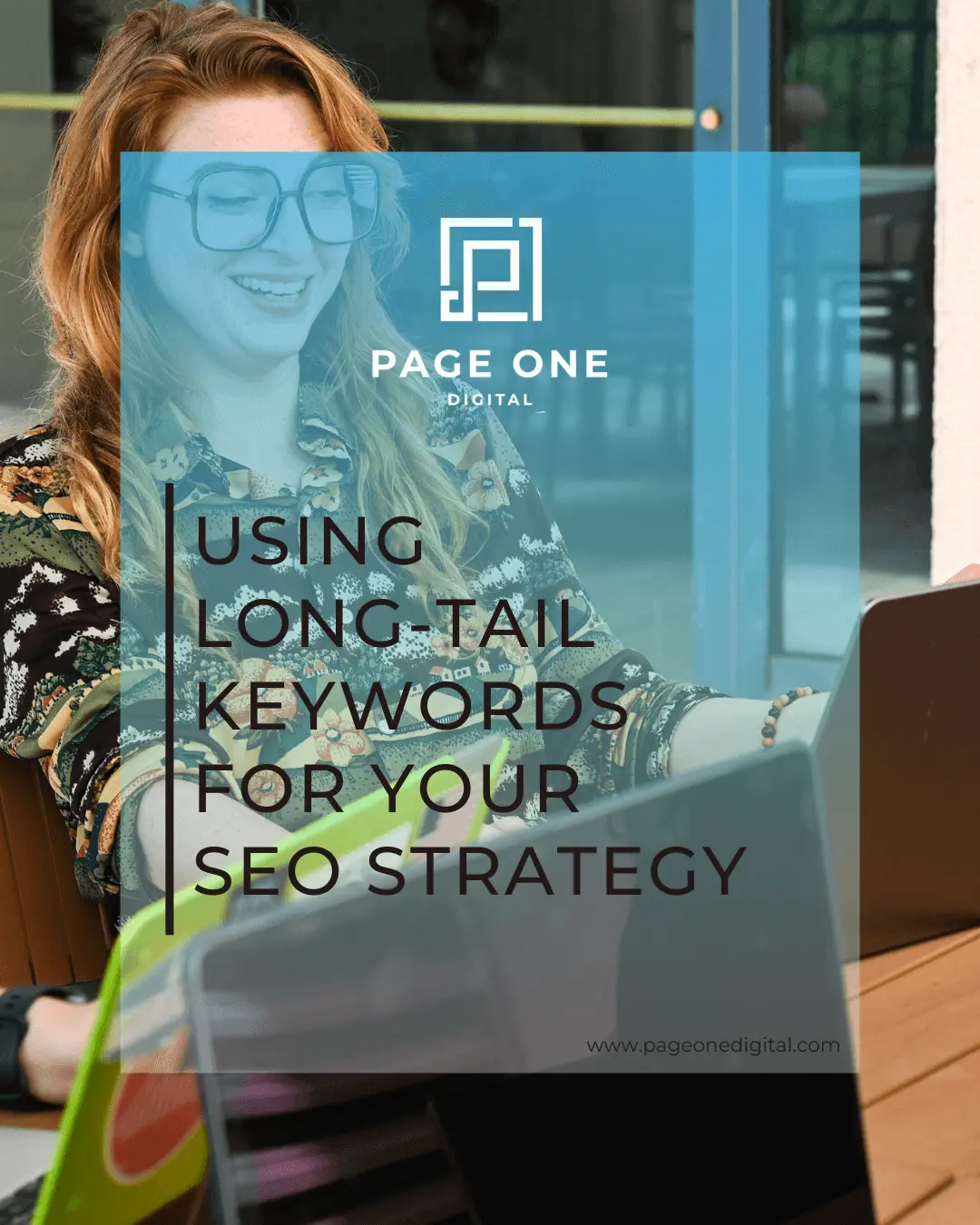In my last blog post, I discussed the importance of blogging as part of the SEO strategy for your website. So your website is finally up and running the way you want it to, but you still aren't seeing the kind of traffic you were hoping for. Unfortunately, this isn't one of those "if you build it they will come kind of moments." You have to give people a reason to land on your website, and to stay on it once they are there. This is where keyword optimization is key.
For example, if your company sells flowers, you'll want to do research on the different keyword searches people in your area use when they are looking for flowers. Google has a great tool called the keyword planner that can help you with your keyword optimization. Here's what you need to know to use the tool:
- Create an adwords account. In order to create an adwords account, you will need to have a Google account. Go to adwords.google.com. Follow the steps to complete your adwords account.
- Once you are logged into your adwords account, click on the Tools tab at the top of the page. Then select the Keyword Planner tool.
- Click on Search for New Keyword and Ad Group Ideas. Type in the word flowers (or whatever your product or service is)
- Enter the url for your website or landing page if desired, but this is not necessary It just helps to get more specific results.
- Select your product category if desired, but this is not necessary. It just helps to get more specific results.
- Select your targeting options. If you service a certain area, you should modify the location to that area so you can see what people nearby are searching.
- Add negative keywords if desired. Negative keywords are results that you do not want to include in your results. For example if you don't want people who search for cheap flowers to land on your page include cheap flowers in your negative keywords. And click get ideas.
You should see multiple "ad group" options. The keyword planner tool will group related words so you can see them all at once. Click on the set and review the words. The keyword planner tool will show you the keyword or key phrase and then the average monthly searches for that keyword or key phrase. The competition and suggested bid columns are only beneficial to you if you are using this tool to run Google Ads.
Keep a list of the keywords you would like to rank for and incorporate them into your website text and your blog posts. To rank for a keyword or key phrase means that when people search that keyword on Google your website will show up in the search results.
In order to rank for keywords, you have to use them organically. If you simply create a page and repeat the same keyword over and over again, you will not rank. Use the keywords and key phrases naturally. To refer back to our example of selling flowers. Some of the keywords you would want to incorporate into your website would be flowers online, order flowers online, buy flowers online, cheapest flowers online, etc. So if you were writing a description about your services, you would say something like: "With our new website, customers can now order flowers online. We have made the process to buy flowers online as simple as possible keeping our customers in mind." Your blog posts should include keywords and key phrases in the same way.
If you need more support for using the Google adwords tool visit: https://support.google.com/adwords/answer/2999770?hl=en
Related Posts

How to Use Social Media Hashtags in 2026
Learn how to use hashtags with proven social media hashtags and hashtag best practices to improve reach, visibility, and engagement in 2026.

Tips for Refreshing Content & Improving SEO
You can start fresh in 2026 without having to start over. Learn ways to refresh content on your website with current SEO best practices in mind.

Using Long-Tail Keywords for Your SEO Strategy
Learn what long-tail keywords are & how using them effectively as part of your SEO strategy can boost your website's visibility.

.jpeg)
